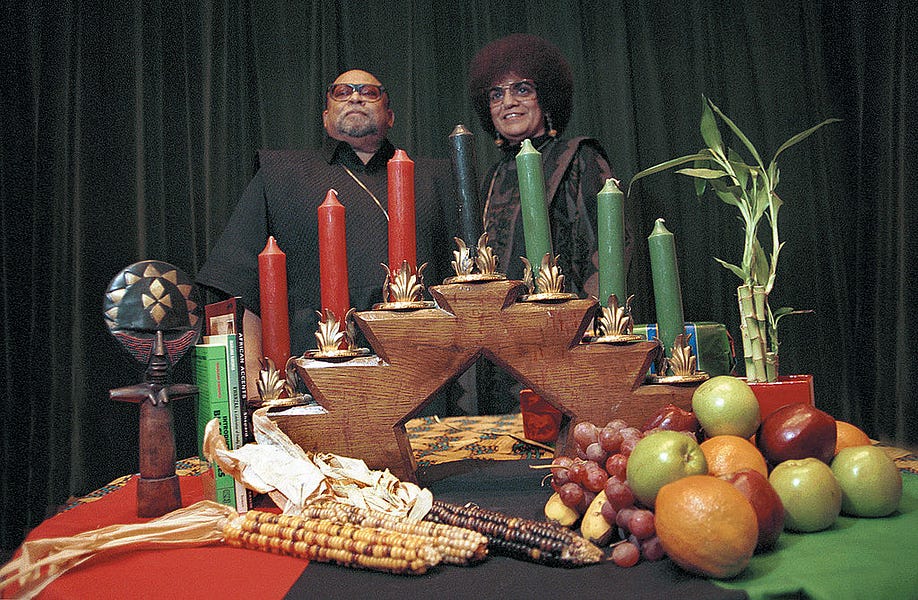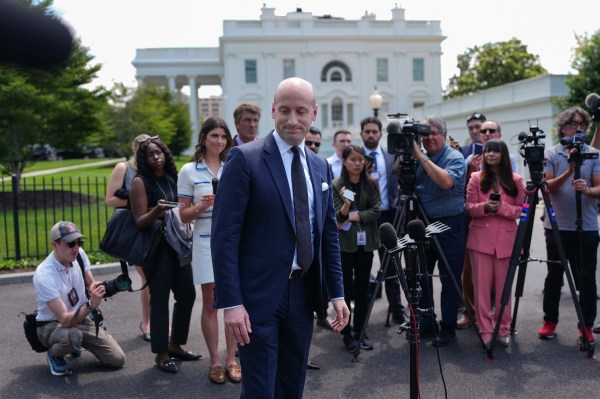Recent social media posts from right-wing college group Turning Point USA claim that the founder of Kwanzaa is a convicted felon who kidnapped and tortured two women. The posts further state that he now works at California State University at Long Beach.
It may sound crazy, but it is true: Maulana Karenga was a civil rights activist in the 1960s and 1970s who promoted black nationalism. Karenga created Kwanzaa in 1966, intending it to be a holiday that celebrated the African American identity and heritage based on South African first-fruits celebrations. Karenga envisioned Kwanzaa as an alternative to Christmas, which he believed was a white holiday that black Americans should eschew. As it gained popularity, the idea of Kwanzaa as supplementary to Christmas rather than replacing it took hold, turning the celebration into a secular celebration of heritage rather than a religious alternative as Karenga had initially intended.
Five years after the first Kwanzaa, Karenga was convicted of two counts of felony assault and false imprisonment. He believed two women in an organization he headed up were spying on him, and tortured them in an attempt to get them to confess. Karenga denies he committed the crimes in question, but was convicted on both counts. After receiving parole in 1975, Karenga went on to work at California State University.
If you have a claim you would like to see us fact check, please send us an email at factcheck@thedispatch.com. If you would like to suggest a correction to this piece or any other Dispatch article, please email corrections@thedispatch.com.







Please note that we at The Dispatch hold ourselves, our work, and our commenters to a higher standard than other places on the internet. We welcome comments that foster genuine debate or discussion—including comments critical of us or our work—but responses that include ad hominem attacks on fellow Dispatch members or are intended to stoke fear and anger may be moderated.
With your membership, you only have the ability to comment on The Morning Dispatch articles. Consider upgrading to join the conversation everywhere.